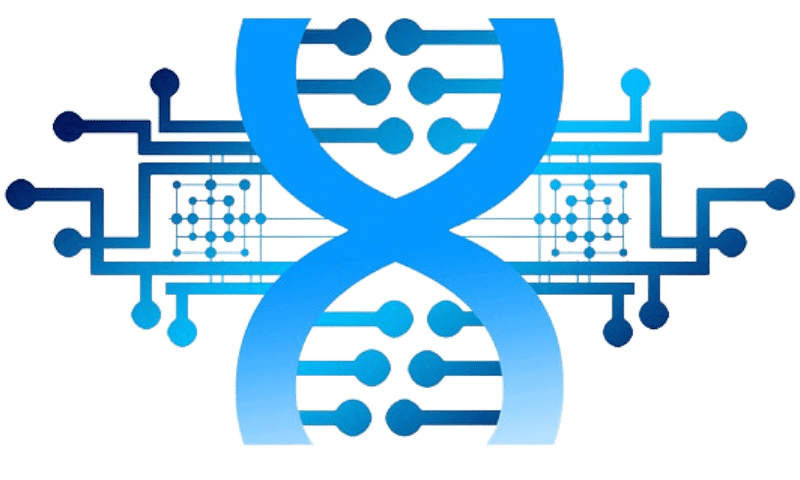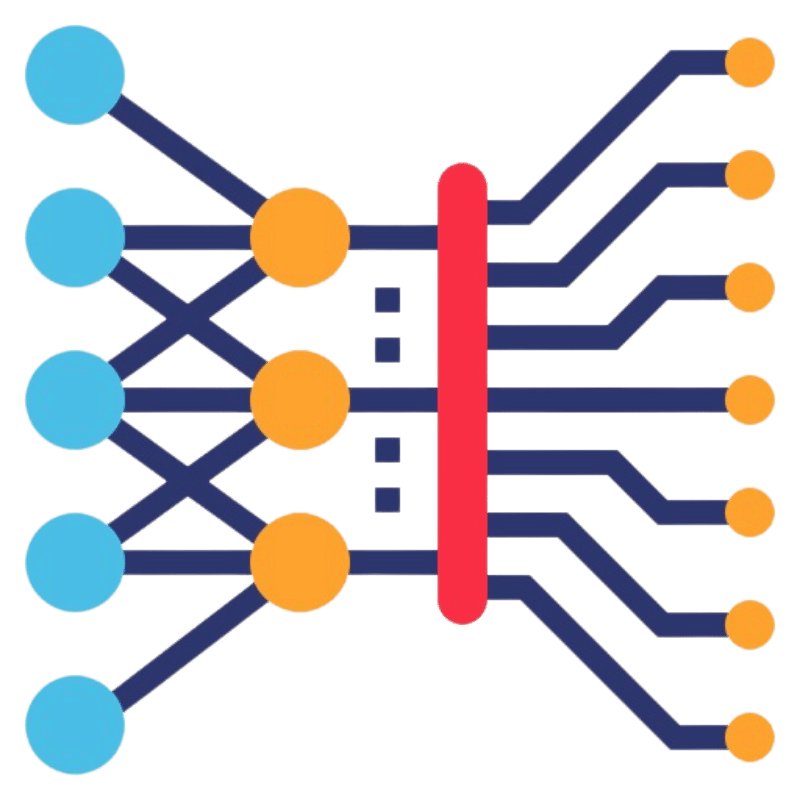About us
Why do many organisms have similar aging rules? Why do many organisms fail similarly?
What is the interplay between aging and fertility?
How does aging affect the iteraction between the brain and the immune system?
Can we harness AI and machine learning to understand and predict age-related decisions?
To answer all these questions, we take an interdisciplinary approach and use tools from experimental biology (high throughput setups, microfluidics, genetics), Biophysics and applied math (stochastic processes, mathematical biology), and Engineering (AI, Machine learning)

Aging & Failure of Complex and Biological Systems
Despite the fact that aging is one of the most prominent biological processes, many fundamental questions regarding its role remain unanswered.
We study how age affects the ability of systems, such as microorganisms, immune cells, and the mammalian embryo, to sense their environment and responds accordingly.

Information processing in living systems
Practically all biological systems rely on the ability of bio-molecules to specifically recognize each other. Examples are antibodies targeting antigens, regulatory proteins binding DNA and enzymes catalyzing their substrates.
This task is further complicated by the inherent noise in the biochemical environment. We quantify the constraints and limits on the way biological systems can process information and how it affects their evolution.

Harnessing AI for biomedical applications
Gaining insights and actionable decisions from vast digital medical data sources is a key challenge in implementing personalized medicine and next-generation healthcare.
We develop machine-learning approaches that allow inferring novel biological insights and creating medical decision-support systems. We particularly focus on multimodal networks that can cope with multiple data sources such as images, omics (tabular data, network data), and chemical structures (graphs).
Join Us!
We are always looking for talented people to join us!
If you are interested, send an email with CV and your research interests to
